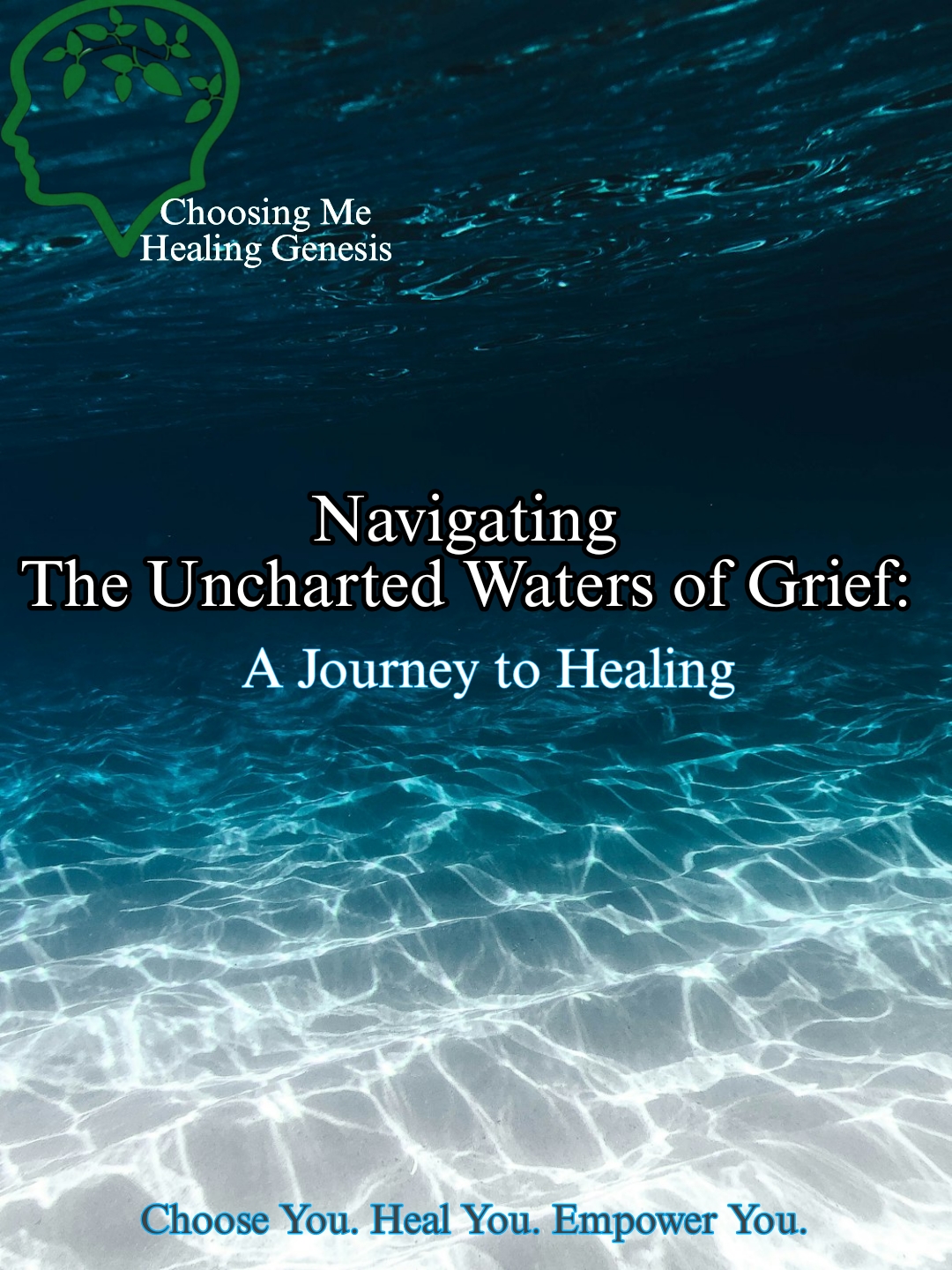Navigating the Uncharted Waters of Grief: A Journey to Healing
Grief is a universal experience, yet it is uniquely personal. It is an emotional storm that strikes with little warning, leaving us vulnerable and exposed. The weight of loss can be paralyzing, a heavy fog that lingers long after the initial shock has worn off. But what if we could navigate these treacherous waters with a deeper understanding and a sense of compassion for ourselves and others? Let’s delve into the lesser-known facets of grief and explore ways to find our way back to the shore.
The Hidden Layers of Grief
Grief is not just about losing a loved one. It encompasses the loss of dreams, identities, and the future we envisioned. When someone we love dies, we also mourn the unfulfilled plans and the roles they played in our lives. This multifaceted grief is often overlooked, yet it’s a critical part of the healing process. Recognizing that grief can stem from multiple sources allows us to validate our feelings and understand the full scope of our sorrow.
The Physicality of Grief
Grief is not solely an emotional or mental experience; it manifests physically. The ache in your chest, the exhaustion that seems to have no end, the loss of appetite—these are all common physical responses to grief. Understanding this connection between mind and body helps in acknowledging that it’s okay to feel physically unwell. Your body is processing the trauma, and it’s essential to treat it with care and patience.
Grief and Memory
One of the most poignant aspects of grief is how it affects our memories. We may fear that over time, we will forget the sound of their voice, the warmth of their embrace, or the way they made us laugh. This fear can create a new layer of grief as we struggle to hold on to these precious moments. Embracing routines, such as journaling, creating memory boxes, or even simple acts of remembrance, can help keep their presence alive in our hearts.
The Solitude of Grief
Grief can be incredibly isolating. Even when surrounded by loved ones, the feeling of being alone in our sorrow can be overwhelming. It’s important to remember that while each person’s grief is unique, you are not alone in your experience. Sharing your story with others who have also walked this path can bring comfort and understanding. Finding support groups, either in person or online, can create a space where your grief is seen and validated.
Managing the Depths of Grief
The journey through grief is not about moving on but about moving forward. Here are some ways to manage your grief without becoming lost in it:
1. Allow Yourself to Feel: Suppressing your emotions can prolong the grieving process. Give yourself permission to feel whatever arises—anger, sadness, confusion, or even relief.
2. Create a Routine: Establishing a daily routine can provide a sense of normalcy and stability in a time of chaos. Small, manageable tasks can give you a sense of accomplishment and control.
3. Seek Professional Help: There is no shame in seeking the help of a therapist or counselor. They can provide you with tools and strategies to cope with your grief in a healthy way. (As Choosing Me Healing Genesis, we’re always here to help you find your best professional help fit.)
4. Practice Self-Compassion: Be gentle with yourself. Grieving is hard work, and it’s okay to take time to care for your needs. Whether it’s through rest, creative expression, or physical activity, find what nourishes your soul.
5. Connect with Nature: Spending time in nature can be incredibly healing. The rhythm of the natural world—its cycles of growth, decay, and renewal—can offer a profound sense of solace and perspective.
Moving Forward with Hope
Grief never truly leaves us, but it does change over time. The sharp edges of sorrow can become softer, and moments of joy can start to weave their way back into our lives. As we navigate this journey, it’s crucial to hold on to hope. Hope that the pain will lessen, hope that we will find moments of peace, and hope that we will carry our loved ones with us in a new way.
In the end, grief is a testament to the love we have known. It is a reminder that our hearts have the capacity to feel deeply, to connect profoundly, and to heal, even when it seems impossible. As you walk this path, know that you are seen, you are felt, and you are not alone. Your grief is a part of your story, but it does not define you. You have the strength to navigate these uncharted waters and to find your way back to the light.


0 Comments